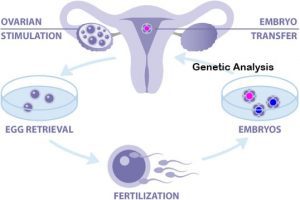When to visit Gynecologists
When to visit Gynecologists
Gynecologists are Expert doctors who specialize in women’s health, with a focus on the maternal reproductive system. Women’s health care needs changes a great deal at different stages of their good oral health plays an important role in your overall health.
Reasons for When you should visit your Gynecologist
- Issues relating to pregnancy, fertility, menstruation, and menopause
- Family planning, including contraception, sterilization, and pregnancy termination
- Problems with tissues that support the lower part of the torso organs, including ligaments and muscles
- Polycystic ovary syndrome
- Urinary and fecal incontinence
- Kindly conditions of the reproductive portion, for example, ovaries cysts, fibroids, breast disorders, vulvar, cervix and vagina ulcers, and other non-cancerous changes
- Pregnancy conditions such as the lining of the uterus become abnormally thick, and cervical dysplasia
- Cancers of the reproductive tract and the breasts, and pregnancy-related tumors
- Congenital abnormalities of the female reproductive tract
- Emergency care relating to gynecology
- Endometriosis, a chronic condition that affects the reproductive system
- Pelvic inflammatory diseases, including abscesses
- Sexuality, including health issues relating to same-sex and bisexual relationships
- Sexual dysfunction
Every woman should see a gynecologist build up his good health. Starting from young adulthood, when the reproductive organs mature, women should frequently check out by a gynecological specialist. and When to visit Gynecologists and why? It is also important to know everyone Because health is wealth and If you check the health of a woman, you check the health of society.
Healthy Tips for Women’s health
- Eat a healthy diet: Nutritious food is a major role in Women’s health because of food A woman’s body undergoes various changes in a life cycle, hormonal changes, pregnancy, menopause, and all the paraphernalia that goes with it.
- Daily Exercise
- Avoid Risk Habits like cigarettes and alcohol
- Manage Stress level
- Regular health check-up
For more details visit Dr. Meeta Nakhare, who is the Best Gynaecologist In Pune.


